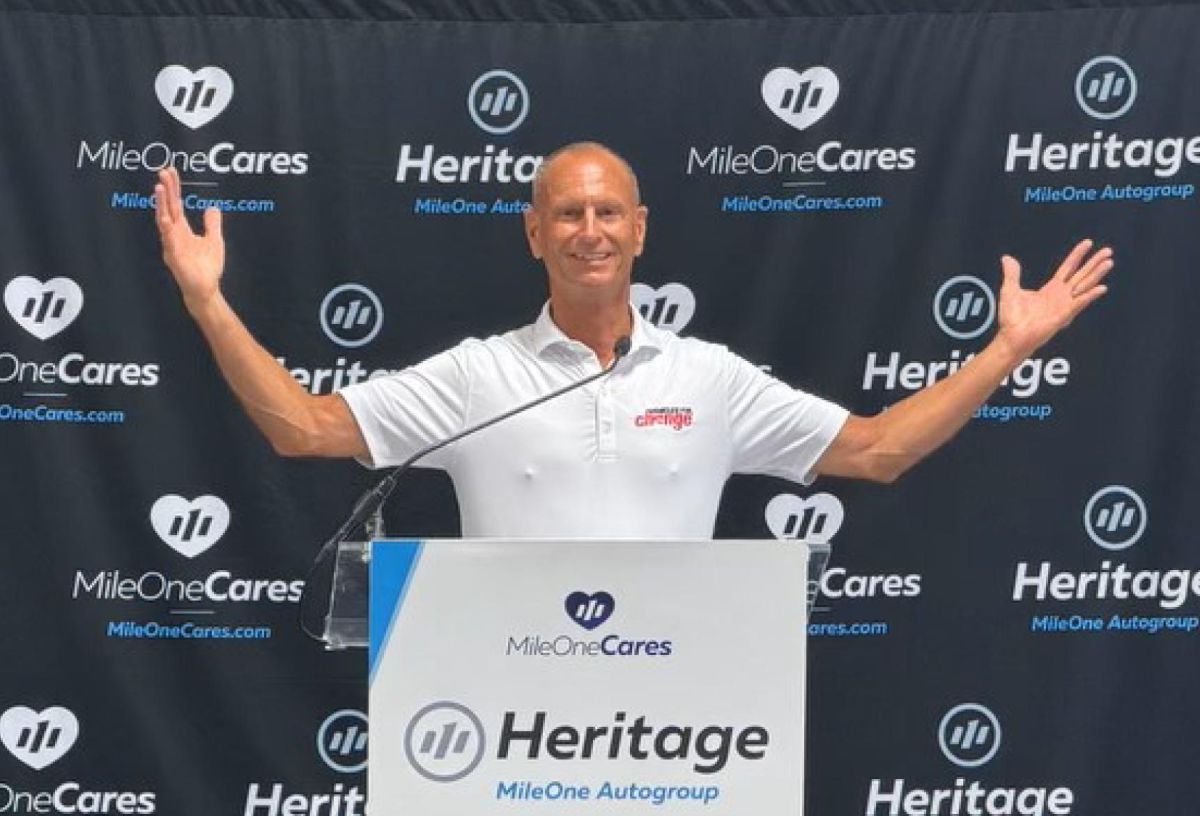A new grant will support free automotive repair training for up to 25 formerly incarcerated and underemployed individuals in Maryland. The Fiscal Year 2025 (FY25) state budget bill took effect July 1, and includes a $500,000 grant for Halethorpe, MD-based Vehicles for Change.
It’s the first time a Maryland state budget has specifically named the 25-year-old nonprofit as a grant recipient. Vehicles for Change provides training for arrested, formerly incarcerated and impoverished individuals, operating facilities in suburban Baltimore, on Maryland’s Eastern Shore and in the Washington, D.C., area.
Vehicles for Change President Marty Schwartz called the grant a “lifesaver” amid recent inflation and the exhaustion of American Rescue Plan funding.
The Governor’s Office of Crime Prevention and Policy will disperse the grant this year. Schwartz is currently communicating with that office on exactly how and when the grant will be allocated, he said.
The money is important to support the popular training program, especially after many applicants came from a background where few promises were fulfilled, Schwartz said. High demand means Vehicles for Change is “very, very picky” about whom it accepts.
“What happens often is that the guys that are in the program or that have graduated are sending letters back, or information back to friends of theirs that are still incarcerated, and going, ‘You need to get this program because this is the real deal, and it has literally changed my life,’” Schwartz said.
Vehicles for Change will use the funds “across the board” for their three locations’ standard training internships, Schwartz added, which run for 12 weeks, 40 hours per week.
“The goal is to get them to a C-level technician,” he said. “Some of them go beyond that because they all come in with different levels of skill.”
It takes about $16,000 to $20,000 to train one person, so the $500,000 will support about 25 internships, Schwartz said. The nonprofit currently trains about 160 students yearly, and boasts an approximate 85% success rate in post-graduation job placement, he added.
Textbooks, tools, uniforms and technicians’ weekly average $400 stipends will benefit from the budget grant, Schwartz said. In addition to training, the nonprofit also provides wraparound services like mental health, substance abuse and financial literacy support.
The Washington, D.C., Maryland, Delaware Service Station and Automotive Repair Association and Council of Automotive Repair (WMDA-CAR) supported the automotive repair provisions in the FY25 Maryland budget, said Kirk McCauley, the group’s director of member and government relations.
WMDA-CAR provides free training for Vehicles for Change students every year, he said. That training usually costs more than $100 per person.
“Technicians are getting harder and harder to find, almost impossible in some cases,” McCauley said. “So, we found the best way is to raise your own from the ground up, and supporting the programs in the state surely helps.”
Related Maryland legislation signed in May authorizes the governor to include $1 million in each of the annual budget bills for fiscal years 2026 through 2028, to provide automotive repair training to formerly incarcerated individuals.
Those funds are marked for nonprofits that can provide trainees with repair certificates from a “nationally recognized automotive repair organization,” and that demonstrate at least a 50% employment placement rate for eligible participants in an automotive repair job, according to the legislation.
Vehicles for Change uses both hands-on and virtual-reality courses to prepare students for both the brake and general maintenance Automotive Service Excellence (ASE) certificate exams, Schwartz said.
Even though the windfall will significantly help that nonprofit, Vehicles for Change needs more donated cars to put grant funds to optimal and full use, he said.
“I have a grant that’ll pay for the repair of a car that I don’t have,” Schwartz said.
In addition to its training programs, Schwartz’s organization accepts donated cars, and awards them to lower-income individuals in the state. Over the last 2.5 years, donations have plummeted from 200 to 60 cars per month, as used car prices remain sky high, he said.
The company receives grants specifically to purchase used cars. But these grants only amount to $3,000 per car, while decent cars usually cost at least $6,000, Schwartz said. Such used car purchases also generally precede repairs that generate an additional cost, he said.
“I probably get five to six emails every day from somebody that needs a car, and I might get two cars donated every day,” he said.
If you know someone who may be interested in donating a car, visit Vehicles for Change’s donation webpage.















Brian Bradley